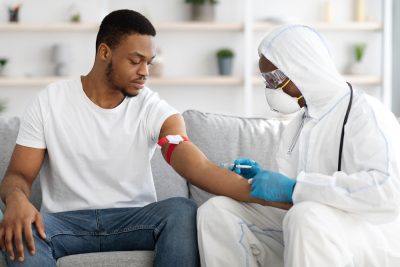While 13 million Americans have received the Johnson & Johnson dosage, those 13 million are only 8% of the Americans who are vaccinated. The other 92% fully vaccinated people in the United States were recipients of the Pfizer-BioNTech or Moderna vaccines, which have not shown any signs of causing Guillain-Barré syndrome.
The discovery comes at an inauspicious time in the fight against the ongoing coronavirus pandemic. With new, more contagious variants running rampant in under-vaccinated areas, health officials nationwide are worried about the news causing people to be even more hesitant when deciding to get vaccinated, even though both Pfizer-BioNTech and Moderna have shown no link to either dangerous side effects caused by the Johnson & Johnson shot. As the nation looks to other means to distribute the vaccine to incentivize more to take the shot, the desire to take the Johnson & Johnson vaccine will likely fall as it did when reports broke about its linkage with the development of dangerous blood clots.
This is just yet another in a series of setbacks for Johnson & Johnson, having had to deal with production delays, regulatory violations in their Baltimore plant which led to 75 million doses having to be disposed of, and now, developments of two serious side effects. This has led to only around five million people taking the Johnson & Johnson vaccine since the pause in April after the discovery of blood clots in recipients.
Millions of doses already distributed by the federal government were estimated to be left unused this summer. With the news of another dangerous side effect, that number may increase, and millions of doses will expire.















